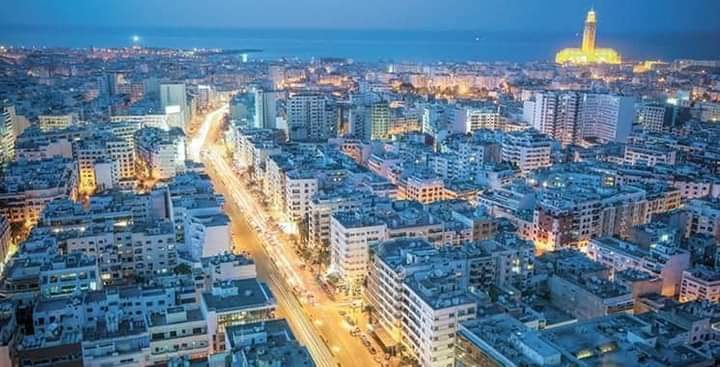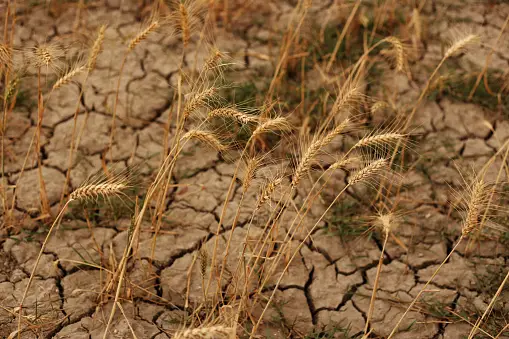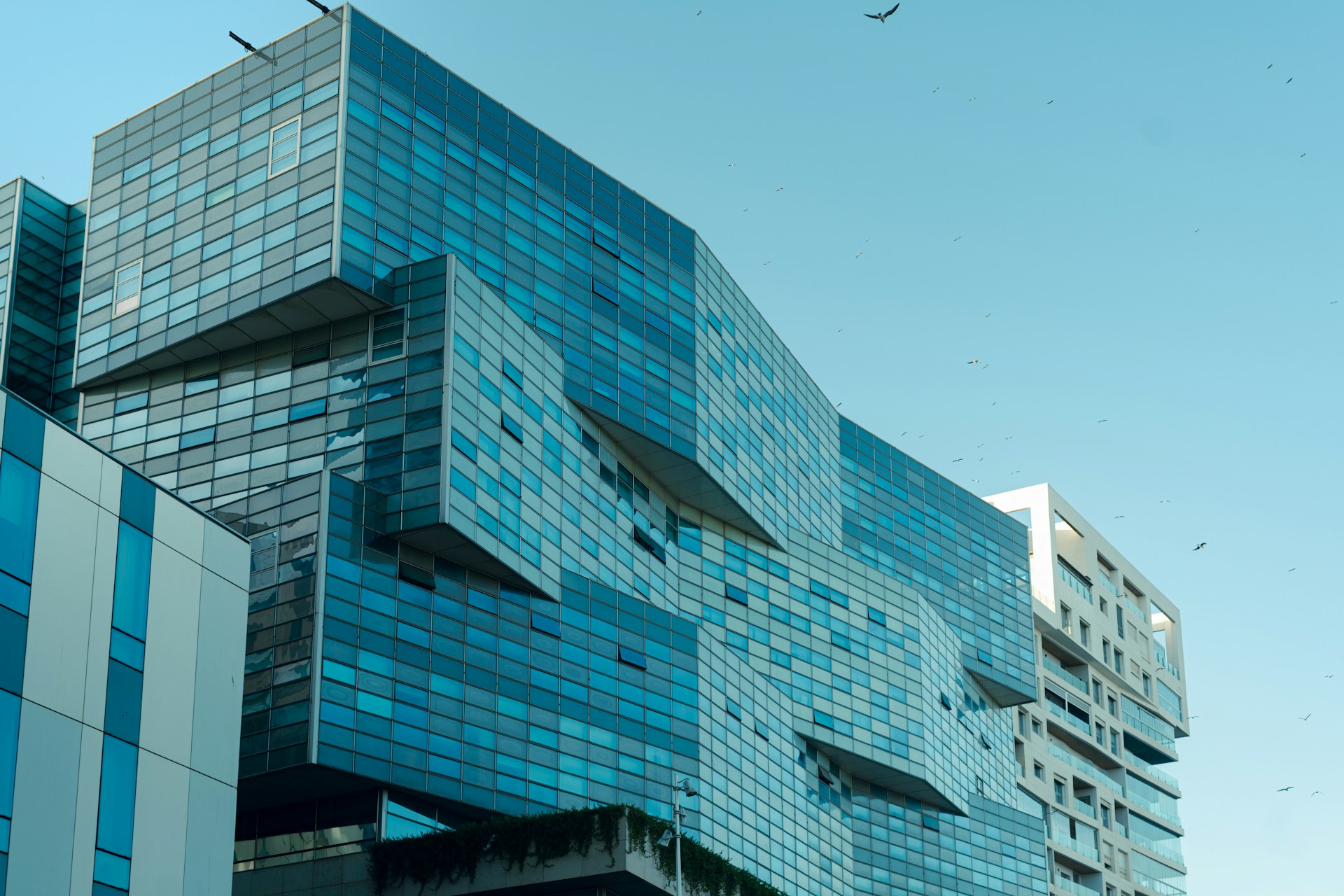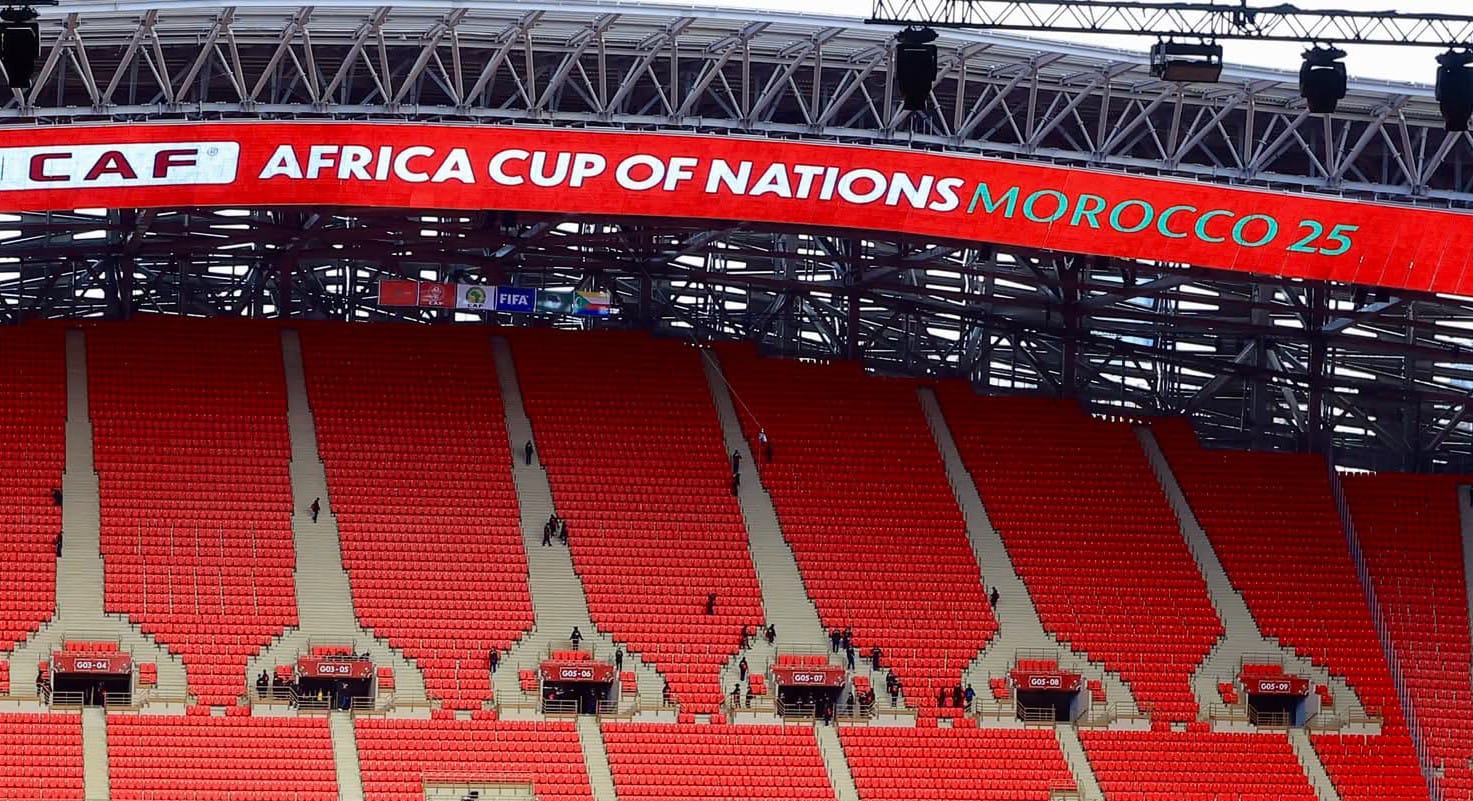Casablanca – Morocco has emerged as the regional leader among Maghreb countries in the 2024 Global Sustainable Competitiveness Index (GSCI), securing the 104th position globally out of 191 countries. Published by the sustainability consultancy SolAbility, the index evaluates countries based on their ability to balance economic growth, social development, and environmental stewardship.
With a score of 41.23 points, Morocco surpassed Tunisia (114th globally, 40.61 points), Algeria (149th, 38.05 points), Mauritania (186th, 31.89 points), and Libya (189th, 31.11 points).
A mixed performance across indicators
Morocco’s overall ranking reflects a combination of strengths and challenges. The country showed notable performance in Resource Efficiency, ranking 81st globally with 47.94 points, and excelled in Intellectual Capital, achieving 57th place with 45.44 points, underlining its strong potential in education and innovation.
However, Morocco ranked lower in Natural Capital (173rd, 31.73 points), highlighting significant pressure on its environmental resources. Additionally, it faced challenges in Social Capital (162nd) and Economic Capital (146th), areas that require focused efforts to enhance social cohesion and economic resilience.
Global and regional context
Globally, Sweden retained the top spot with 61.22 points, followed by Finland and Denmark. Somalia ranked last with 30.75 points.
In the Arab world, the United Arab Emirates led the rankings at 70th globally with 44.09 points, followed by Saudi Arabia and Morocco, which ranked third regionally.
Challenges and opportunities
The report underscored global challenges such as environmental degradation, governance gaps, and social inequalities, which impede sustainable progress. For Morocco, addressing these issues requires urgent action, including improved natural resource management, investment in inclusive policies, and initiatives aimed at social justice.
The country’s robust performance in education and innovation provides a promising foundation for advancing toward a knowledge-based economy. However, reforms in healthcare and social protection are necessary to enhance overall quality of life.
A vision for the future
As Morocco continues to position itself as a regional leader, the report’s recommendations offer a roadmap for further progress. Priorities include adopting climate taxes, expanding access to quality education, improving judicial efficiency, achieving gender equality, and strengthening economic cooperation.
With its strategic location and promising human resources, Morocco is well-poised to overcome its challenges and set a benchmark for sustainable competitiveness in the Maghreb and beyond.
















